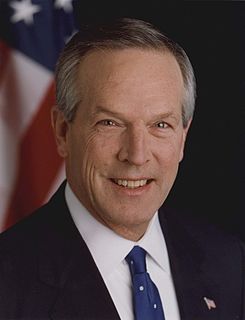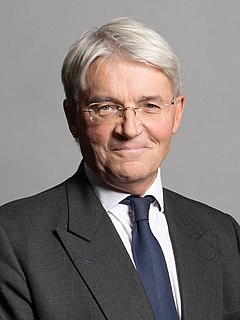A Quote by Bono
Sub-Saharan Africa is also home to 400 million of the world's poorest people.
Related Quotes
Right after undergrad, I started doing low-level work on health issues in sub-Saharan Africa, and what struck me was the disconnect between how people in New York would speak about some of the issues people were facing. At the time, 2006-ish, there were a number of big media campaigns to raise awareness about HIV in sub-Saharan Africa.
Missionaries in the developing world waste a lot of time and money (not to mention the goodwill of non-Christians) proselytizing to the needy. . . . While missionaries do many noble things at great risk to themselves, their dogmatism still spreads ignorance and death. By contrast, volunteers for secular organizations . . . do not waste . . . time telling people about the virgin birth of Jesus. Nor do they tell people in sub-Saharan Africa - where nearly four million people die from AIDS every year - that condom use is sinful.
And now South Africa has finally woken up and it is doing great things. And if South Africa becomes the template to what AIDS is in the sub-Saharan continent, then all the other countries are going to follow suit. And Michel Sidibe, who spoke at the breakfast meeting this morning, was saying that there is so much hope for Africa now that South Africa has got its house in order.
Just look at that Forbes 400. Takes a billion three to get on the Forbes 400 this year. And the aggregate wealth is just staggering. And those people are paying less percentage of their total income to the federal government than their receptionists are. [...] I'll bet a million dollars against any member of the Forbes 400 who challenges - me that the average for the Forbes 400 will be less than the average of their receptionists.


































